This article covers the benefits of Ayurvedic medicine for hip joint pain. It includes information on the causes of hip joint pain, treatment methods, and prevention strategies.
Hip joint pain is common in older adults. It can be caused by injury or wear and tear over time. If left untreated, hip joint pain can cause severe problems such as arthritis. Fortunately, there are several treatment options for hip joint pain.
There are two types of hip joints: the ball and socket type (femoral head) and the gliding type (acetabulum). The femoral head is where the thigh bone meets the pelvis. A cartilage connects the acetabulum to the femoral head at the top of the pelvis. It allows side-to-side movement as well as forward and backward movement.
Hip joint pain can be treated using non-invasive methods. These include medication, physical therapy, exercise, and lifestyle changes. In some cases, surgery may be necessary.
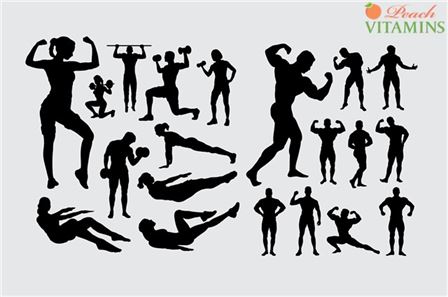
Ayurvedic Treatment For Hip Joint Pain
If you’re suffering from hip joint pain, you may wonder whether traditional medicine can help. Traditional medicine uses drugs and surgery to treat disease, but there are many alternative treatments available. One of these is Ayurvedic medicine.
Ayurveda is an ancient system of healing based on natural remedies, including herbs, oils, diet, aerobic exercise, meditation, yoga, and massage.
Ayurvedic medicine treats the whole person, not just the symptoms. This means that it helps prevent illness in the first place, rather than treating the effects after the fact.
Ayurvedics believe that health comes from balance, and that imbalance leads to disease. They use herbal medicines to restore this balance.
Ayurveda says that hip joint pain is caused by imbalances in the body. The most common cause of hip joint pain is poor posture. Poor posture causes muscles to tighten and become weak. These tight muscles pull on the joints, causing inflammation and pain.
Another cause of hip joint pain can be excess weight. Excess weight puts stress on the hips, making them work harder than normal. Overweight people often suffer from arthritis because of this extra strain.
Other factors that contribute to hip joint pain include lack of sleep, smoking, and alcohol abuse.
Ayurvedically speaking, hip joint pain can be relieved using Ayurvedic medicine, which includes herbs, oils, diet and lifestyle advice.
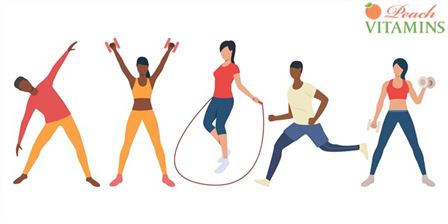
What Are the First Signs of Hip Problems?
Hip problems are often overlooked because many people don’t realize their symptoms of hip problems until it’s too late. However, there are some early signs of hip problems that should be taken seriously.
One of the most common signs of hip problems is pain when walking. This is usually because of arthritis, which affects the joints of the hips. Another sign of hip problems is limping. Limping is a symptom of hip problems, but not every limp is due to hip problems. Some people limp because they have flat feet or knee problems.
Other signs of hip problems include difficulty getting out of bed, trouble standing up straight, and difficulty climbing stairs. These are all symptoms of hip problems and active pain, but they may also be symptoms of other conditions, such as diabetes, osteoporosis, or heart disease.
If you experience any of these symptoms, talk to your healthcare provider right away. He or she can help determine whether you need further tests to diagnose your condition.
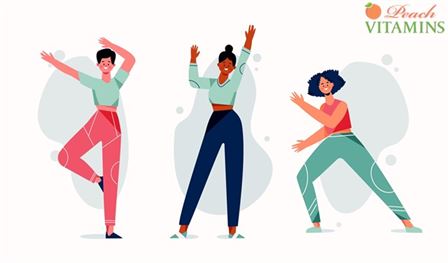
Ayurvedic Medicine Promotes Good Health
Ayurveda is a system of medicine that originated thousands of years ago in India. Ayurvedic medicine promotes good health through diet, lifestyle, and herbs.
Today, many people use Ayurvedic medicines to treat pain, inflammation, and arthritis. They’re safe, natural, and effective.
There are two types of Ayurvedic medicines: herbal and mineral. Herbal medicines contain plants, roots, leaves, flowers, seeds, bark, and wood. Mineral medicines include minerals, metals, salts, and stones.
Herbal medicines are used to treat conditions such as joint pain, rheumatism, and gout. They’re often combined with other satisfactory treatment, including regular exercise, massage, and acupuncture.
Mineral medicines are usually taken alone, although some herbal medicines may be added to them. These medicines are used to treat chronic diseases such as cancer, diabetes, heart disease, and hypertension.
Some common Ayurvedic medicines include:
• Amla (Indian gooseberry) – This herb is rich in vitamin C, fiber, and antioxidants. It helps reduce swelling and inflammation.
• Ashwagandha (Indian ginseng) – This herb contains saponin compounds that help relieve stress and anxiety. It also reduces muscle spasms and increases energy.
• Brahmi (Indian sarsaparilla) – This herb contains flavonoids and terpenes that improve memory and concentration. It also improves sleep quality.
• Guggulu (guggul) – This herb is made from the resin of the Guggulu tree. It contains tannins, flavonoids, and triterpene. It relieves pain, inflammation, and fever.
• Jatamansi (Indian pennywort) – This herb is used to treat arthritis, backache, and menstrual cramps. It contains salicylic acid, and quercetin.
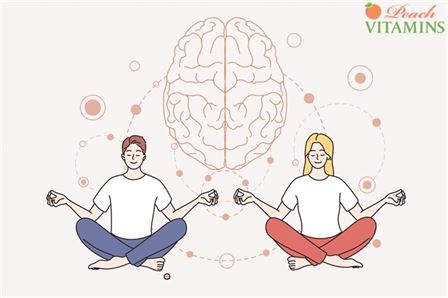
Ayurveda Treats Painful Conditions
Ayurveda uses natural remedies to treat pain, inflammation, arthritis, and other health problems. The most common treatment is herbal therapy, which includes herbs that help reduce pain and inflammation.
There are many types of herbs used in Ayurvedic medicine. Some herbs are effective against specific ailments, while others are used to balance the body’s overall energy level.
Herbs are usually taken orally, either in liquid form or as capsules. They’re often combined with other ingredients, including oils, minerals, and vitamins.
Some herbs are available over-the-counter at local pharmacies, while others require a prescription. There are many different types of Ayurvedic medicines, each designed to address a particular condition.
Other types of Ayurveda include Abhyanga (massage), Asanas (yoga poses), Pranayama (breathing exercises), Shirodhara (head massage), Sutra Bandha (internal muscle control), Vamana (intestinal cleansing), and Virechana (colon cleansing).
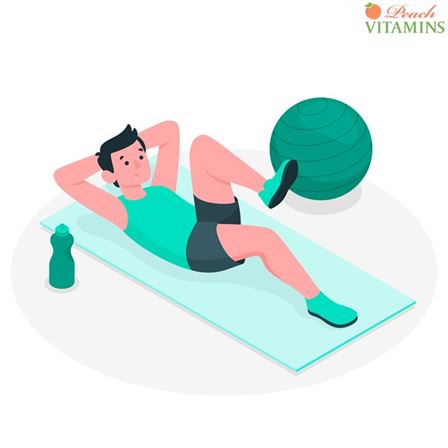
Why Is My Hip Pain Worse at Night?
Hip joint pain is common among older adults. But many people who suffer from hip joint pain experience worse symptoms at night than during the day. This is because the body’s muscles relax when we sleep, making it harder to move our hips.
This means that the muscles surrounding the hip joints become stiffer overnight, causing hip joint pain. The solution is simple: keep moving throughout the day, especially after dinner.
If you’re having trouble sleeping, try taking a warm bath before bedtime. While relaxing in the tub, gently massage your hips and legs. Then, once you’ve fallen asleep, gently flex your hips and knees.
While this may not be a cure-all, it helps reduce hip joint pain.
Relieving Soreness With Turmeric
Turmeric is a spice native to India that has been used for thousands of years to treat pain and inflammation. It’s also known as Indian saffron, and it contains curcumin, a compound that relieves joint pain and reduces swelling.
Turmeric is great for relieving hip joint pain because it helps reduce inflammation and relieve soreness. It’s also safe to use during pregnancy.
Turmeric is available at most grocery stores, health food stores, and online retailers like Peach Vitamins.
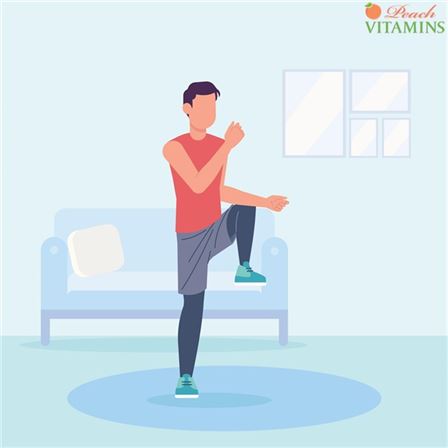
Is Ashwagandha Good for Joint Pain?
Ashwagandha is a herb native to India that has been used for thousands of years to treat joint pain. It’s also known as Indian ginseng because it resembles American ginseng, although it’s not closely related.
Research shows that Ashwagandha may be effective at relieving arthritis symptoms, including reducing inflammation and improving mobility.
However, there hasn’t been significant scientific evidence to prove that Ashwagandha can effect on joint health. So, should you try it? The answer depends on whether you’re looking for natural remedies or prescription drugs.
If you’re looking for natural alternatives, then Ashwagandha is worth trying. However, if you’re looking for prescription medications, then you should talk to your conventional health care provider first.
If Your Hip Joint Hurts After a Long Walk or Running, Try This Remedy
Hip joint pain is common among runners, especially after long runs. But there’s no need to suffer through hip joint pain when there’s a natural remedy available.
Here’s a simple home remedy that helps ease hip joint pain and reduce inflammation:
1 cup water
2 tablespoons apple cider vinegar
Mix and drink every day until the pain subsides.
This recipe works because apple cider vinegar contains acetic acid, which is effective at reducing inflammation.
Tip: To make this remedy more potent, add 1 teaspoon of turmeric powder. Turmeric is a powerful anti-inflammatory herb that reduces inflammation and speeds healing.
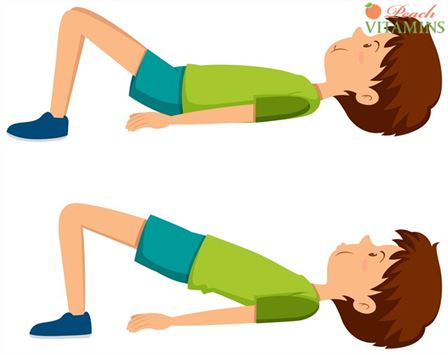
To Address the Cause of Hip Joint Pain, Do Yoga
If you’re suffering from hip joint pain, yoga may be just the answer.
Yoga is a great way to strengthen muscles, improve flexibility, reduce stress, and relieve pain. And it doesn’t hurt that yoga is fun, too!
There are many types of yoga, including Hatha (a form of yoga that focuses on physical strength), Vinyasa (a type of flow yoga where poses are held for longer periods of time), and Bikram (a style of hot yoga).
Do Yoga Asanas (Postures) That Strengthen the Hips and Lower Back
Yoga poses strengthen muscles throughout the body, including those in the hips and lower back. They’re especially helpful when recovering from injury or surgery, and yoga poses help prevent injuries in the first place.
Yoga poses can be done anywhere at any time, and they don’t require special equipment. So there’s no excuse not to practice them regularly.
Here are some yoga poses that strengthen the hips and lower back:
• Plank Pose: This pose strengthens the core muscles and improves balance.
• Side Plank Pose: This posture strengthens the oblique muscles, which stabilize the spine.
• Cobra Pose: This pose strengthens and stretches the hip flexors, hamstrings, quadriceps, and glutes.
• Tree Pose: This pose strengthens abdominal muscles and stabilizes the spine.
• Warrior Pose: This pose strengthens arms, shoulders, chest, and abs.
• Bow Pose: This pose strengthens legs, quads, and calves.
• Seated Forward Bend: This pose strengthens the hips, thighs, and ankles.
• Standing Forward Bend: This pose helps stretch the hamstrings and improve flexibility.
• Half Moon Pose: This pose strengthens upper back and shoulder muscles.
Your blood flow will increase as well. The increased circulation will help flush toxins out of your system, and promote overall health.
You can do these poses anytime, anywhere, without needing any special equipment. Just find a comfortable position and start practicing.
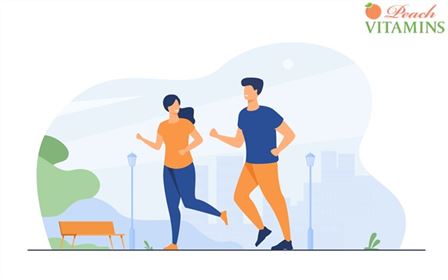
Make Sure to Drink Plenty of Water During the Day
Water is essential to life. Without water, we’d be dead within minutes. But did you know that drinking enough water every day can help prevent hip joint pain?
Hip joint pain is common among older adults. The cause isn’t known, but experts believe that dehydration may play a role. Dehydration causes inflammation, which can lead to arthritis.
To avoid dehydration, drink plenty of water throughout the day. Drink at least eight glasses per day.
If you’re concerned about your health, consider getting tested for dehydration. Your health provider can test your urine for specific gravity (the amount of water in your body) and sodium level (which shows whether you’re dehydrated).
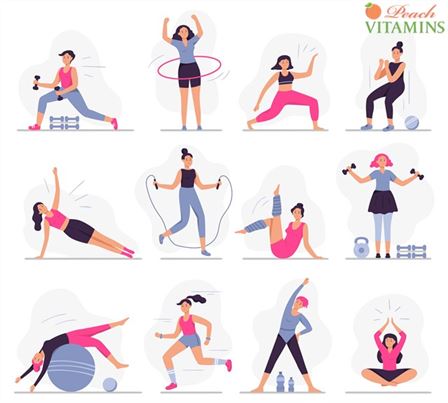
Eat Foods Rich in Vitamin K Such as Green Leafy Vegetables
Vitamin K is essential for bone health. It helps build strong bones and teeth, and reduces risk of osteoporosis.
Green leafy vegetables are rich in vitamin K, including broccoli, kale, spinach, collard greens, mustard greens, turnip greens, Bok Choy, and Brussels sprouts.
If you’re looking for a natural remedy for hip joint pain, consider eating foods rich in vitamin K.
Final Thoughts About Ayurvedic Medicine for Hip Joint Pain
Ayurvedic medicine for hip joint pain offers safe and effective solutions for reducing joint pain. If you have hip joint pain, try these tips to treat it naturally.
Want to learn more about the benefits of long-term use of Ayurvedic medicine for health conditions? Contact Cosmic Mike for a free consultation today!
